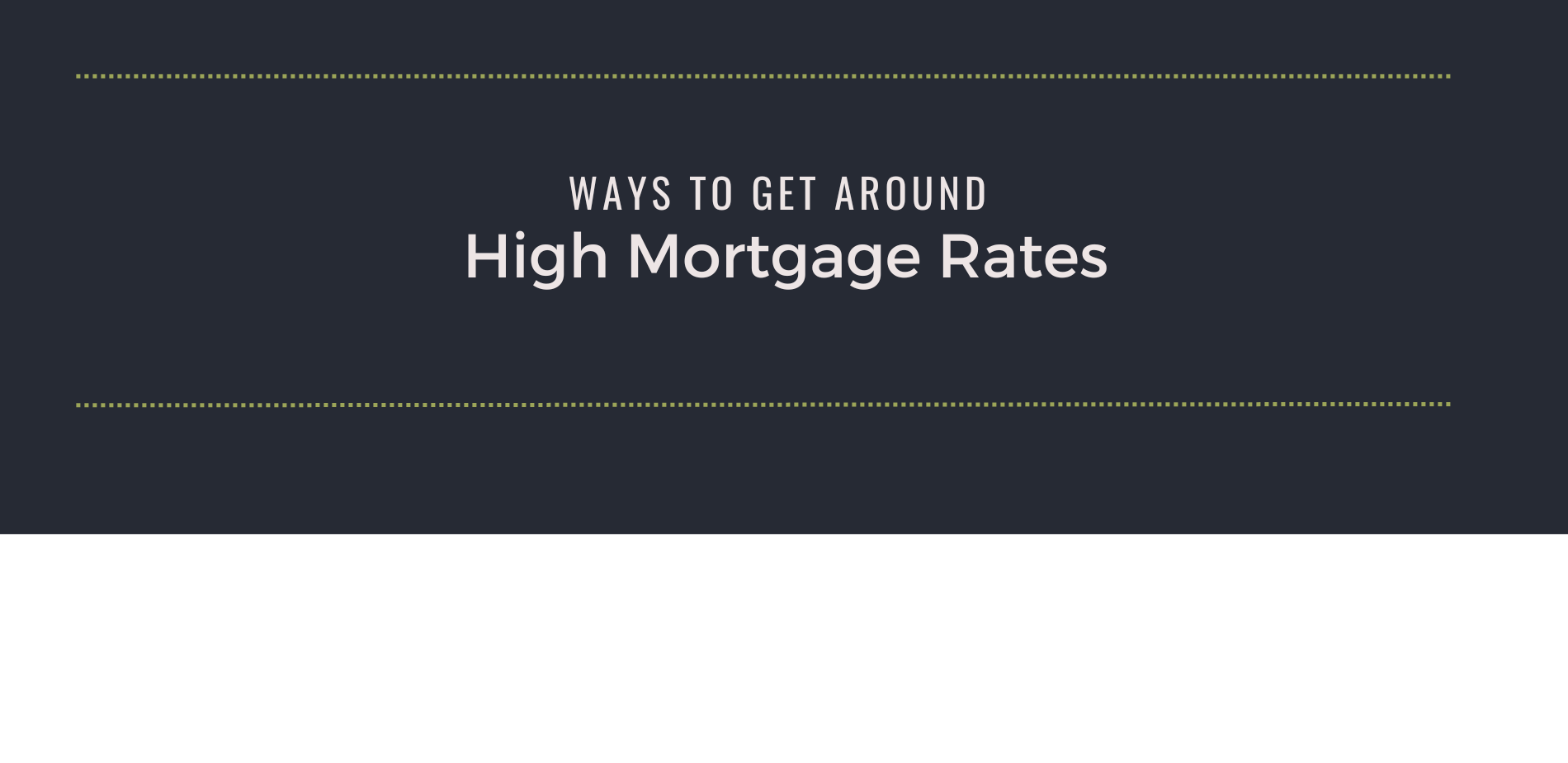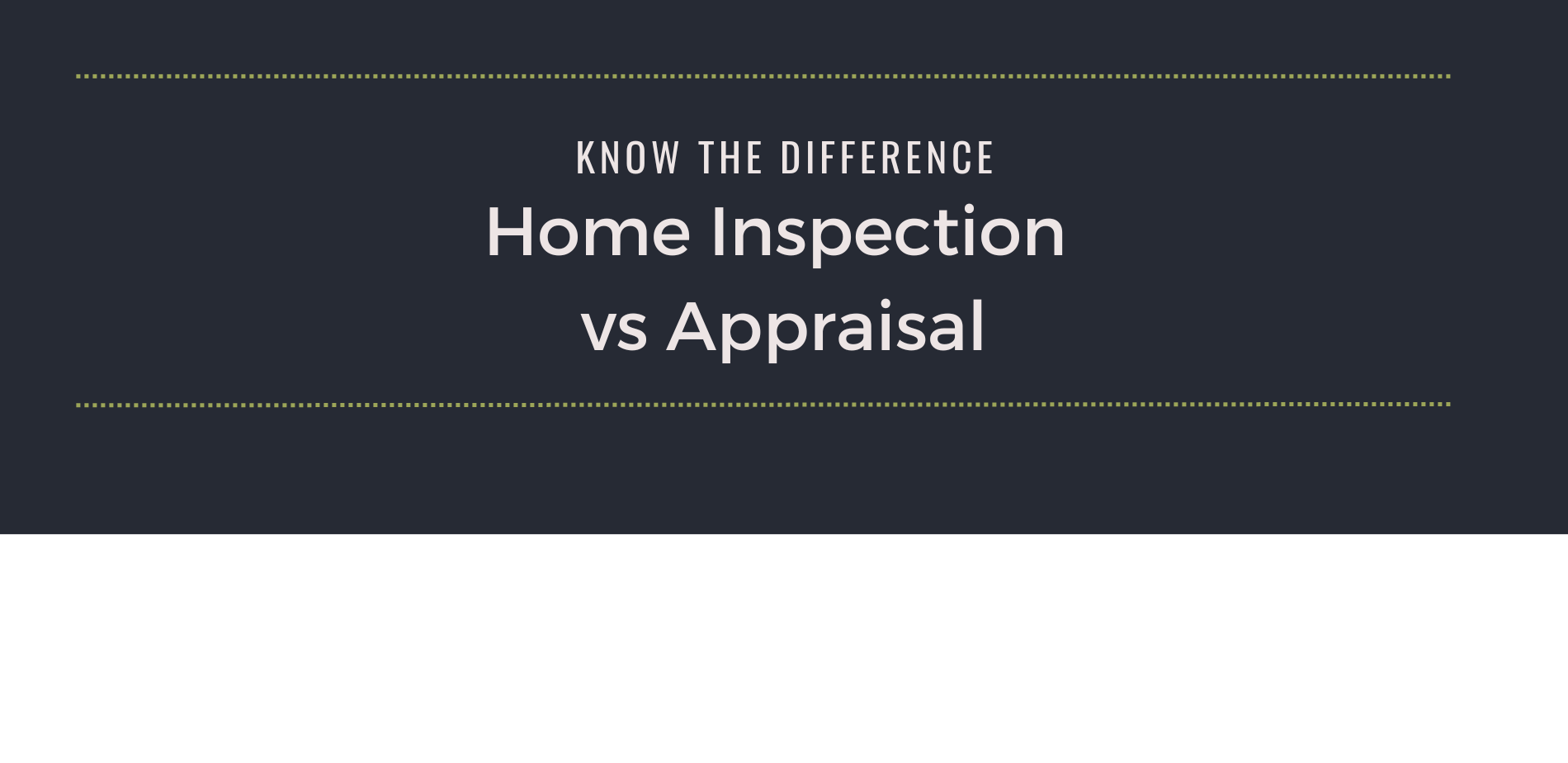Here are a few ways to potentially get around higher mortgage interest rates:
- Make a larger down payment: A larger down payment can help you qualify for a lower interest rate.
- Improve your credit score: A higher credit score can qualify you for a better interest rate.
- Shop around for rates: Compare rates from multiple lenders to find the best deal.
- Consider an adjustable-rate mortgage: An adjustable-rate mortgage (ARM) can have a lower interest rate at the beginning of the loan, but it can adjust over time.
- Look into government-backed loans: Government-backed loans, such as FHA loans and VA loans, may have more favorable interest rates.
- Consider seller financing: Some sellers may be willing to finance all or a portion of the sale, allowing you to avoid traditional mortgage financing.
- Consider buying a home with an assumable loan: An assumable loan is one where the buyer can take over the seller’s existing mortgage instead of getting a new one. This can be especially beneficial if interest rates have risen since the seller got their mortgage, as the buyer can assume the lower interest rates.
- Ask the seller to contribute towards a rate buy-down: Some sellers may be willing to contribute a portion of the sale price towards buying down your interest rate.
- Consider a 2-1 buy down or a 3-1 buy down: This type of financing involves paying a lower interest rate for a certain number of years, after which the rate adjusts to a higher rate. This can help you qualify for a lower interest rate now and then adjust later.
A few other tips to save money when buying a home:
Ask the seller to cover closing costs: Some sellers may be willing to cover a portion of your closing costs as a way to make the sale more attractive to you.
Look for homes that have been on the market for more than 90 days: Some sellers may be more willing to lower the price of their home if it has been on the market for an extended period of time. This can help you negotiate a lower price and lower your monthly payments.
It’s important to keep in mind that not all mortgages are assumable and the lender’s approval is also required. Additionally, it’s always best to consult with a financial advisor or a mortgage professional for personalized advice for your specific situation. If you need some phone numbers I can get you in touch with a few different lenders.
References
https://www.bankrate.com/mortgages/how-much-down-payment-do-you-need-for-a-house/
https://www.creditkarma.com/advice/i/improve-credit-score/
https://www.nerdwallet.com/blog/mortgages/shop-around-for-a-mortgage/
https://www.investopedia.com/terms/a/adjustableratemortgage.asp
https://www.va.gov/housing-assistance/home-loans/
https://www.bankrate.com/mortgages/refinance-guide/
https://www.investopedia.com/terms/a/assumablemortgage.asp
Also see:


 Facebook
Facebook
 Twitter
Twitter
 Pinterest
Pinterest
 Copy Link
Copy Link




















